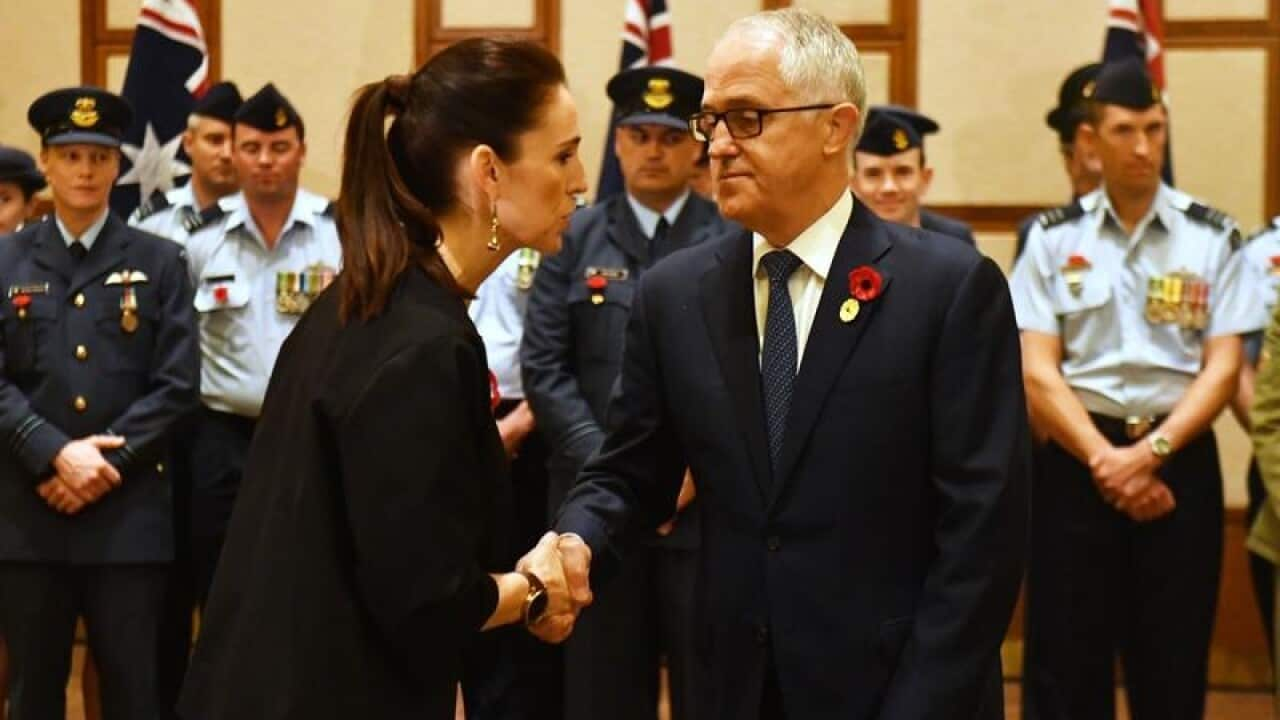The head of the New Zealand Refugee Council says New Zealand should bypass Australia and deal with the Papua New Guinea government directly to resolve the Manus refugee and asylum seeker issue.
"If we have to go directly to the PNG government that should be the case," Dr Arif Saeid told SBS News.
"I think whatever we should do, we should do. They have suffered enough."
Dr Saeid, who is based in Auckland, has echoed calls from PNG governor Charlie Benjamin who said New Zealand should intervene and they should directly work together on a refugee deal.
"The sooner the better... In an ideal world we should have brought them here yesterday," he said.
But Dr Saeid also felt New Zealand should share the responsibility with other countries like the United States.
"I'm not sure if New Zealand can take all 600, we should share the burden... we are only a four million population and it would not be fair on us to take all 600. But whatever number we can take is good," he said.
Dr Saeid's comments come as another New Zealander warned Prime Minister Jacinda Ardern against taking any refugees from Manus. , a man known only as 'Ian' claimed to have worked at the Manus Island processing centre for 18 months.
, a man known only as 'Ian' claimed to have worked at the Manus Island processing centre for 18 months.

New Zealand's Prime Minister Jacinda Ardern. Source: AAP
The program said they had verified Ian's employment on Manus.
Ian, who currently lives in Australia, claimed the protesting men who remained at the centre were "dangerous men" – alleging he witnessed about eight incidents of violence, threats and illegal behaviour each day.
"They are not the calibre of people you want to come into a country and try and re-establish themselves," he said.
"The people who have transitioned out to the community, quite possibly not a problem, but the ones that remain would be a major issue.
"They are fearing for their safety for a very good reason, they are the ones that have caused all the problems in the local community."
Ian told the program he felt Ms Ardern's offer to resettle 150 refugees from Manus and Nauru was "diabolical", and urged her to reconsider.
"Do we want these kinds of people in New Zealand? I most certainly do not. I'm not a racist, I'm not culturally biased. I just do not like the criminal element trying to get a backdoor into the country," he said. But Dr Saeid argued Ian's view did not represent how the majority of New Zealanders felt about refugees and asylum seekers.
But Dr Saeid argued Ian's view did not represent how the majority of New Zealanders felt about refugees and asylum seekers.

Refugees and Asylum Seekers in protest of moving to new accomodation on Manus Island. Source: AAP
"One person cannot represent the whole country. I do not agree that the whole of the New Zealand community agrees with that."
Instead, Dr Saeid believed New Zealand was welcoming of refugees.
"In Auckland, I think majority of people will agree to help. We have 200-plus ethnicities that are already here in Auckland. The community is very receptive to refugees," he said.
"Of course there are some people who are against the resettlement but majority of the people are receptive here. Kiwis are very beautiful, welcoming people."
The debate over refugee resettlement has increased since October 31 when the Manus Island detention centre was closed and detainees were told to move to alternative accommodation.
Initially the 600 refugees barricaded themselves inside the centre, refusing to leave citing safety fears and the new facilities were not ready to live in.
Two weeks later about half of the men remain in the complex in protest.
On Tuesday a detainee shared footage of the West Lorengau Haus, one of the new accommodation options.
The footage showed blocked and unclean toilets, a lack of water and washing facilities.
they were of the view that the West Lorengau Haus was still under construction and not ready for the men to live in.
The UNHCR has urged Australia to accept New Zealand’s offer immediately.
Iranian refugee Behrouz Boochani, who is currently held on Manus, said the protesters had gone 15 days without food, water and power.
"I don't know how to describe this disaster, it is created by Australia and will be in your history," he tweeted on Tuesday.
Mr Boochani said the alternative accommodation – West Lorengau and Hillside Haus - had worse conditions than the detention centre.




